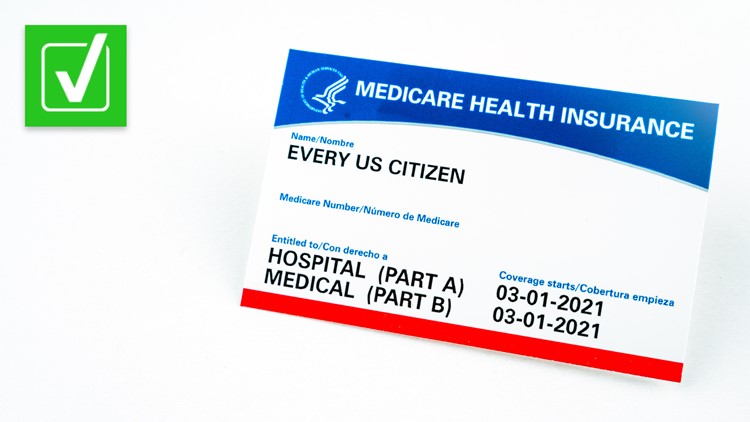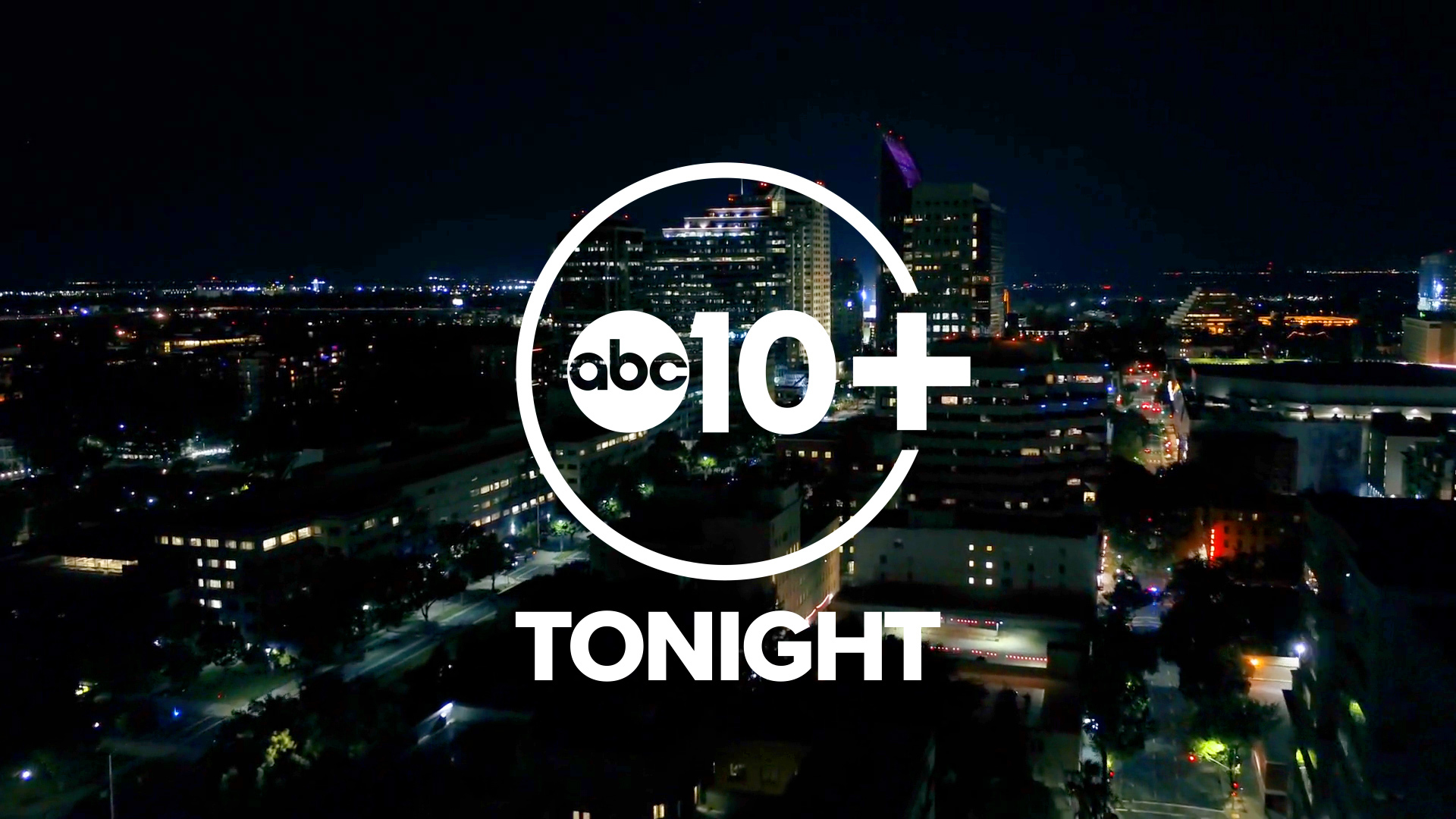Medicare is a federal health insurance program that pays for covered health care services for most people who are age 65 and older, and for certain younger people with disabilities. More than 63 million Americans are currently enrolled in Medicare, according to the U.S. Centers for Medicare and Medicaid Services (CMS).
VERIFY viewer Robert P. recently asked our team to confirm whether Medicare is calling people to ask if their eligibility date information is correct in order to send out new Medicare cards. He wants to know if this is a scam.
THE QUESTION
Are Medicare card replacement phone calls a scam?
THE SOURCES
THE ANSWER
Yes, Medicare card replacement phone calls are a scam. Medicare will never contact anyone for their Medicare number or other personal information unless the beneficiary has given them permission in advance.
WHAT WE FOUND
In 2018, Medicare decided to stop using social security numbers as account numbers to help keep its members' information more secure and to protect their identity. In April of that year, it began mailing new Medicare cards with unique 11-digit account numbers. The Federal Communications Commission (FCC) said that the transition to the new cards was scheduled to be completed by December 2019.
During that time, the FCC said it started receiving complaints about scammers calling people pretending to be Medicare representatives. The FCC said the scammers often used caller ID spoofing to mask their identity. (Spoofing is when a caller deliberately falsifies the information transmitted to your caller ID display to disguise their identity.)
The FCC said some of the scammers requested payment for the new Medicare card, while others posed as medical insurers and threatened to cancel people's insurance if they didn’t share information from the new card over the phone.
In an email, a U.S. Centers for Medicare and Medicaid Services (CMS) spokesperson told VERIFY Medicare will never contact anyone for their Medicare number or other personal information, including eligibility dates, unless the beneficiary has given them permission in advance.
Instead, CMS says on its website that Medicare, or someone representing Medicare, will only call and ask for personal information in these two situations:
- A Medicare health or drug plan may call you if you’re already a member of the plan. The agent who helped you join can also call you.
- A customer service representative from 1-800-MEDICARE can call you if you’ve called and left a message or a representative said that someone would call you back.
If you are not expecting a call or are unsure if Medicare is really trying to contact you, you should hang up and call 1-800-MEDICARE.
The Federal Trade Commission (FTC), AARP, and the Office of Minnesota Attorney General Keith Ellison all say if someone calls you claiming to be from Medicare, and they ask for your social security number or your bank information in order to get your new card or new benefits, that is a scam, and you should hang up immediately.
They all also warn against giving your personal information to a caller claiming to be from Medicare.
“You can’t trust caller ID. These calls can be spoofed so they look like they’re coming from Medicare even when they’re not. Before you give any personal information, initiate your own call to Medicare at 1-800-MEDICARE,” the FTC says.
If you receive a call requesting your Medicare number, you should contact the U.S. Health and Human Services fraud line at 1-800-HHS-Tips (1-800-447-8477). You can also contact Medicare at 1-800-MEDICARE (1-800-633-4227), report the call to the FTC at ftc.gov/complaint, or file a complaint with the FCC online.



